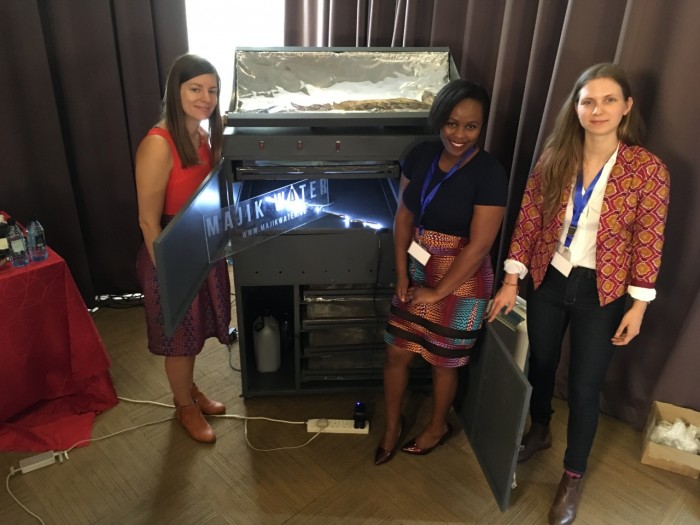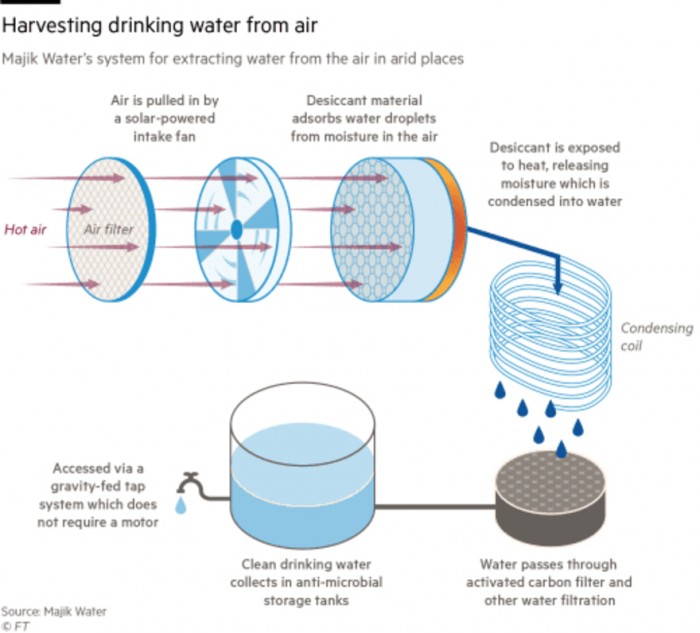Water scarcity is a problem that affects millions of people around the world. Ecosystems depending on this water are often irreparably damaged due to the scarcity.
Last year, Cape Town was on the brink of completely running out of water. This was the first time in history that a major city suffered such drastic water shortages due to climate change.
According to the United Nations, by 2025, if the current climate conditions continue, about 1.8 million people will be living in areas with complete water scarcity. The organisation adds that Sub-Saharan Africa is the region with the most water-stressed nations in the world.
One of the nations suffering from water scarcity is the East African country, Kenya. When entrepreneur and Kenyan water market expert, Beth Koigi first moved into her university dormitory in Kenya, one of the first things she noticed was the complete lack of sanitary water available to her.
According to various reports this has mainly been due to poor water management, severe droughts and natural disasters. As a result, Koigi created her own water filter and eventually turned it into a successful business, selling over 5000 filters across Kenya.
However, in 2016, Kenya was hit with a severe drought which led to government officials implementing water restrictions in various parts of the country. Koigi’s living conditions went from unsanitary water to no water at all.
This got her thinking about how climate change affects water supply and how she could tap into a water source that has not yet been used. Koigi found that there is six times more water found in the air than all the freshwater sources on earth.
It was with this thinking that Koigi and her co-creators, Anastasia Kaschenko, an American environmental scientist, and British economist Clare Sewell, created Majik Water. Majik Water is a water capturing system that absorbs moisture from the air and converts it into drinking water using condensation and solar energy technology.
The system is set up using various parts. First hot air is drawn in using a solar powered intake fan. This air then passes through an air filter. To aid the process, the system makes use of silica gel which absorbs the moisture from the air.
The silica gel is then heated by the energy produced via solar power, while the heating of the silica gel turns the absorbed moisture into water. The water finally passes through an activated carbon filtration system and is then collected in antimicrobial storage tanks.
The Majik Water system is capable of producing 10 litres of filtered water a day. Koigi’s goal is to use Majik Water to drop the costs of clean filtered water, reducing it to one cent per litre, making it affordable for those who need it most.
The Majik Water device won first prize at the 2019 EDF Africa awards. The awards celebrate innovators and pioneers from the African continent. Majik Water won second place in the MIT Water Innovation prize as well as being shortlisted for the Royal Academy of Engineering Africa prize.
Read more:
Warka Water is finding innovative solutions to water, energy and housing problems








